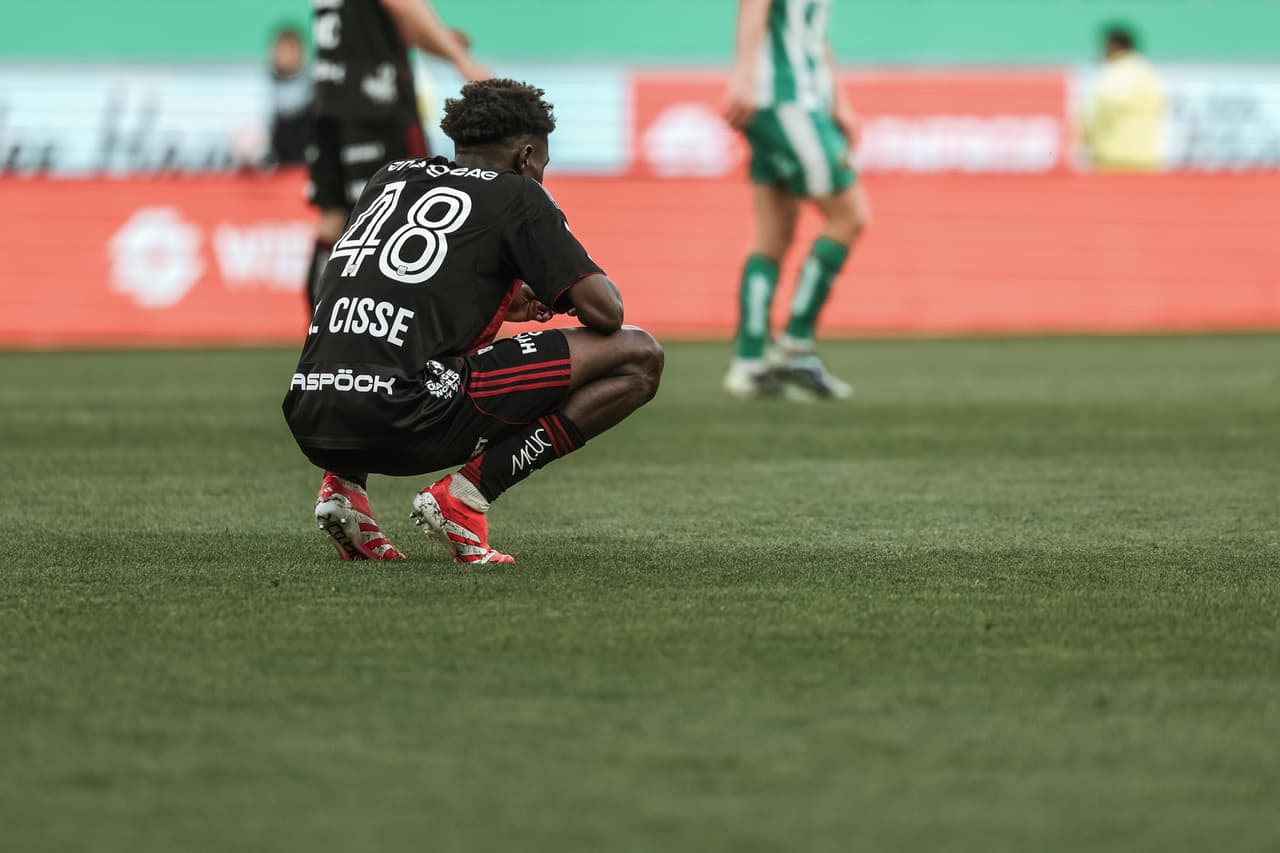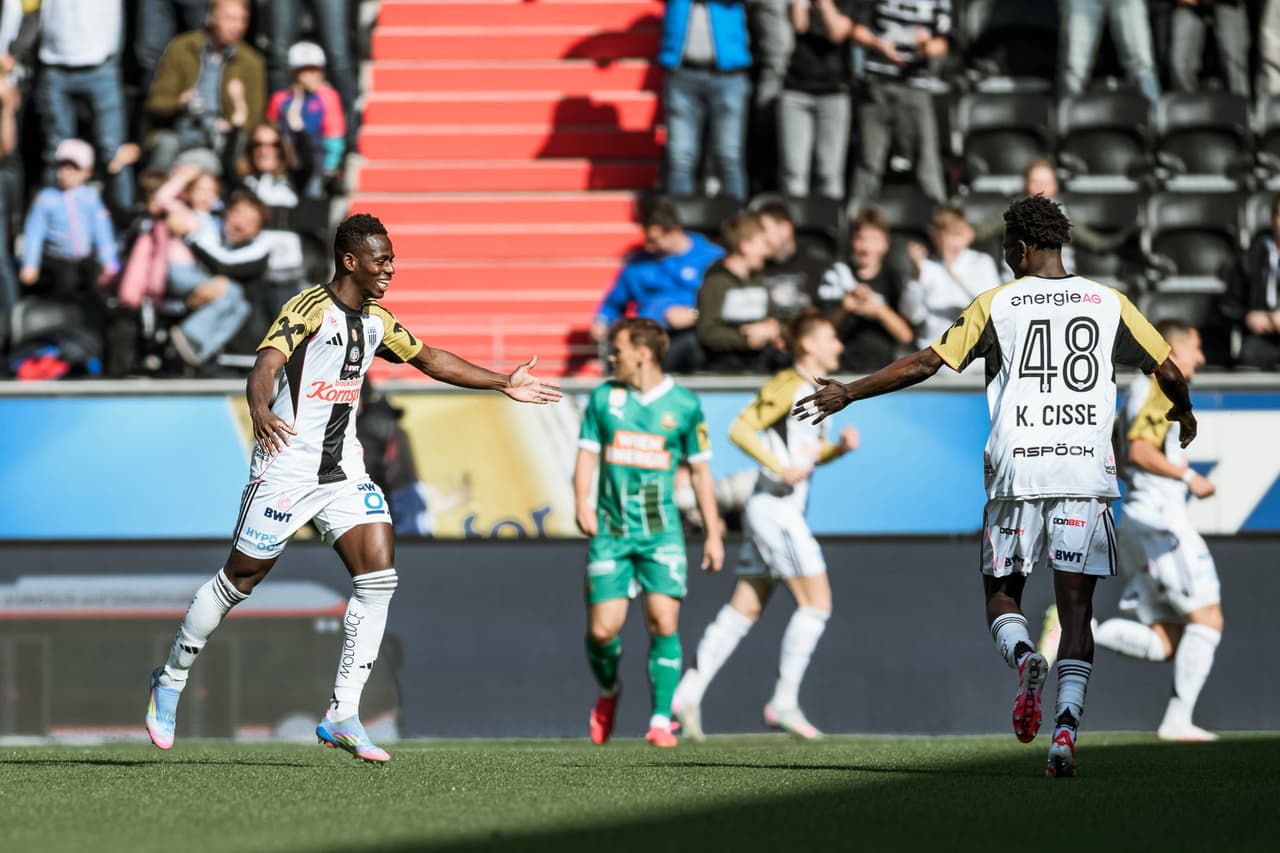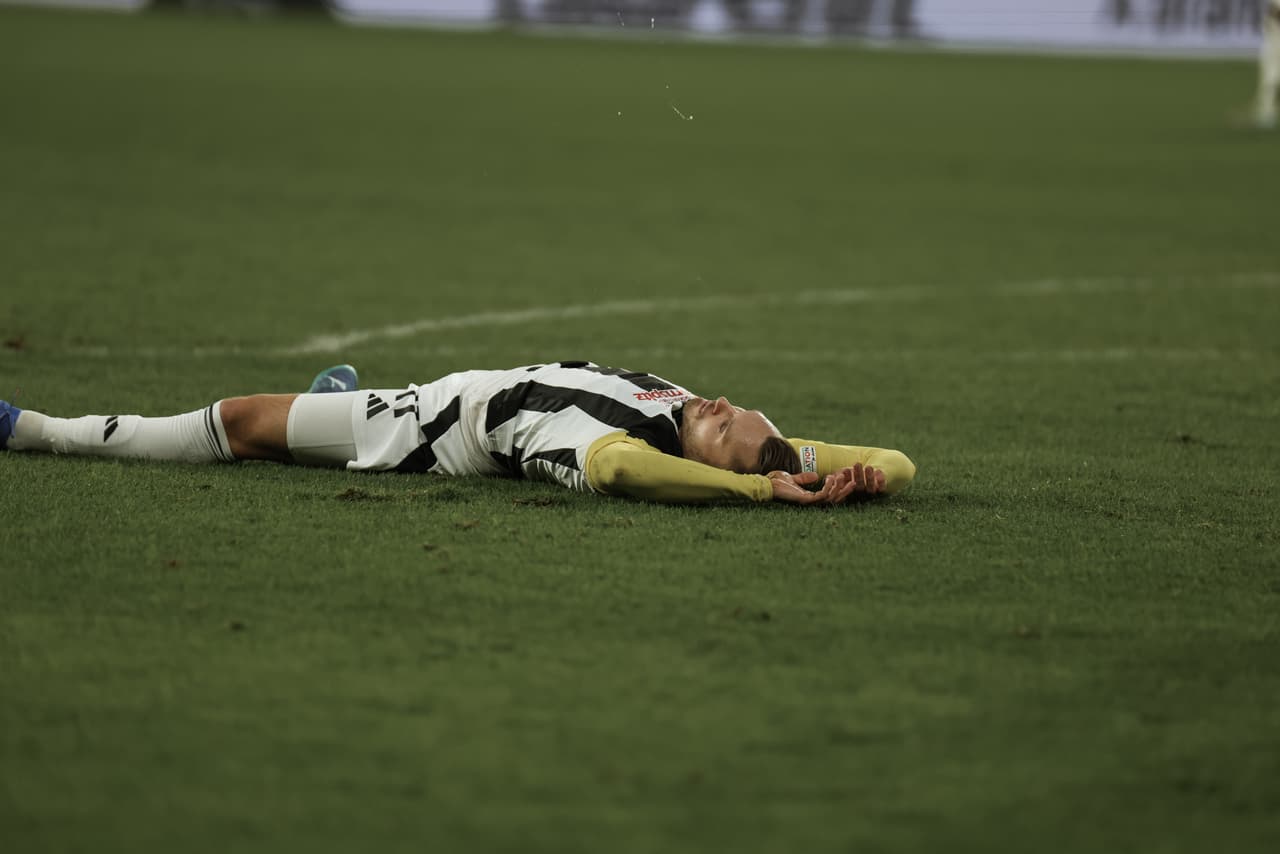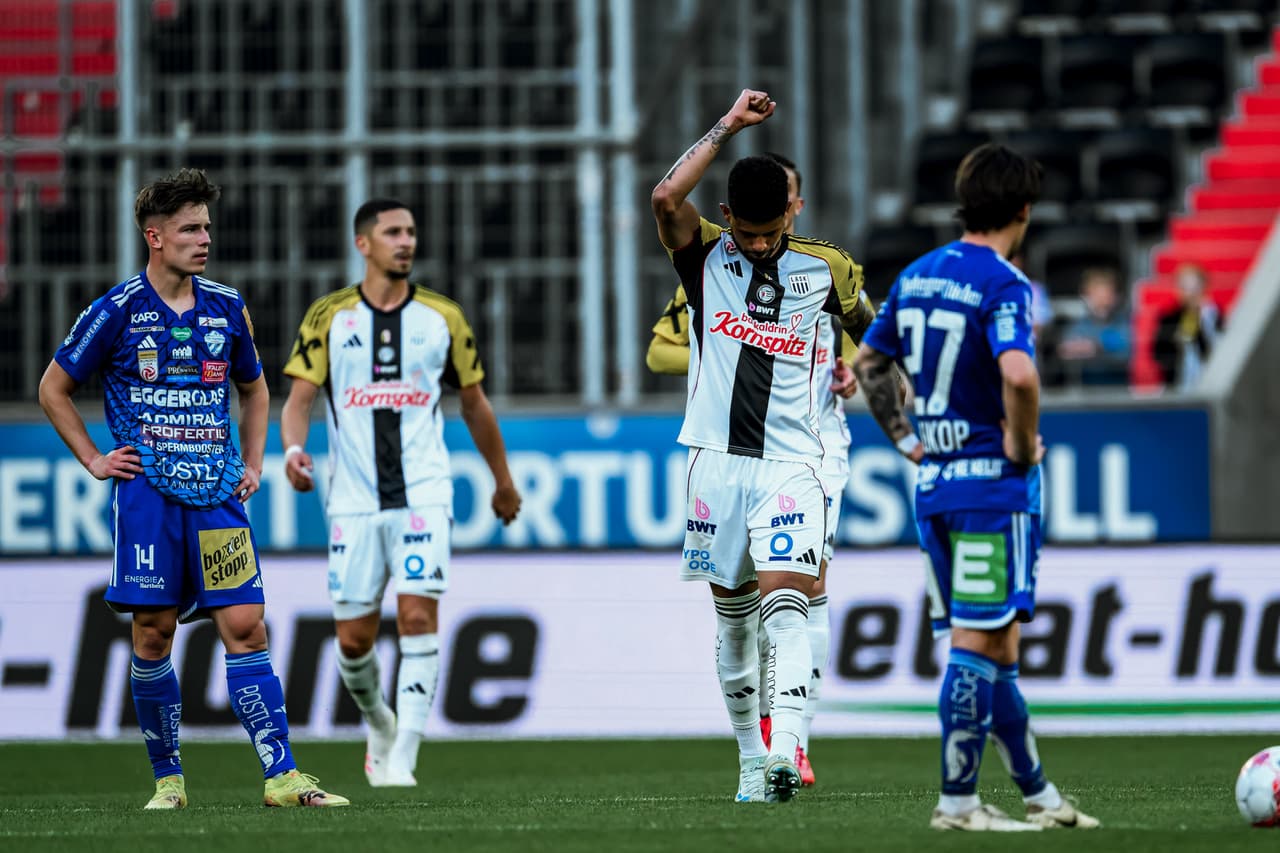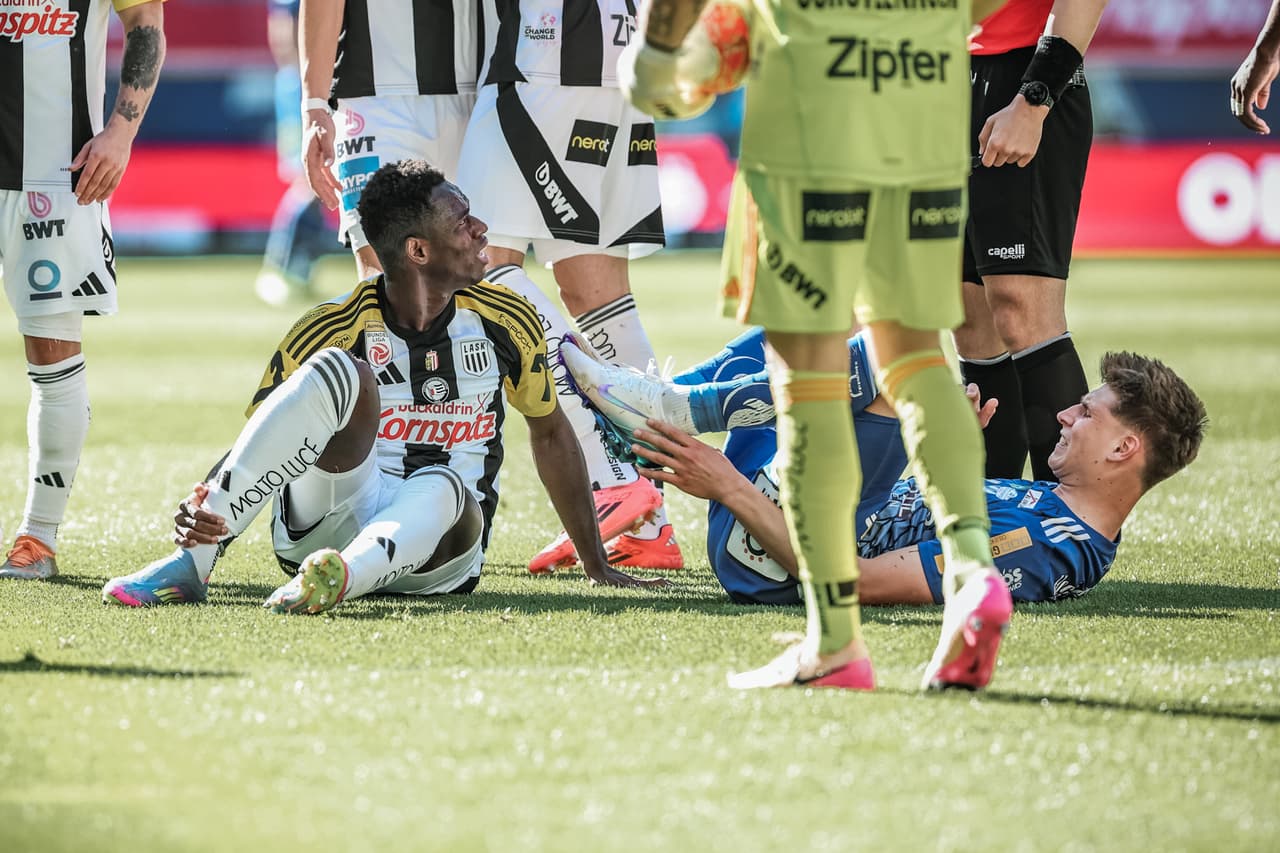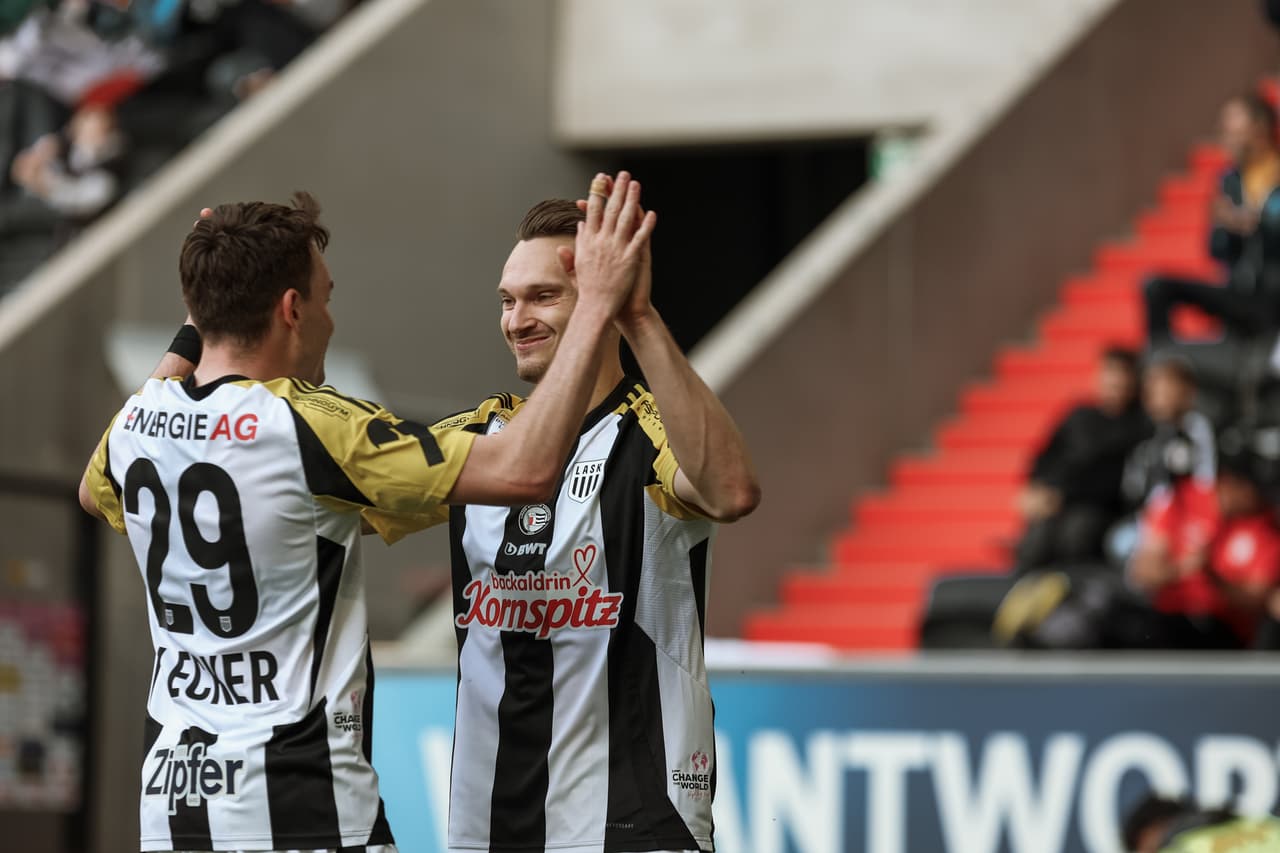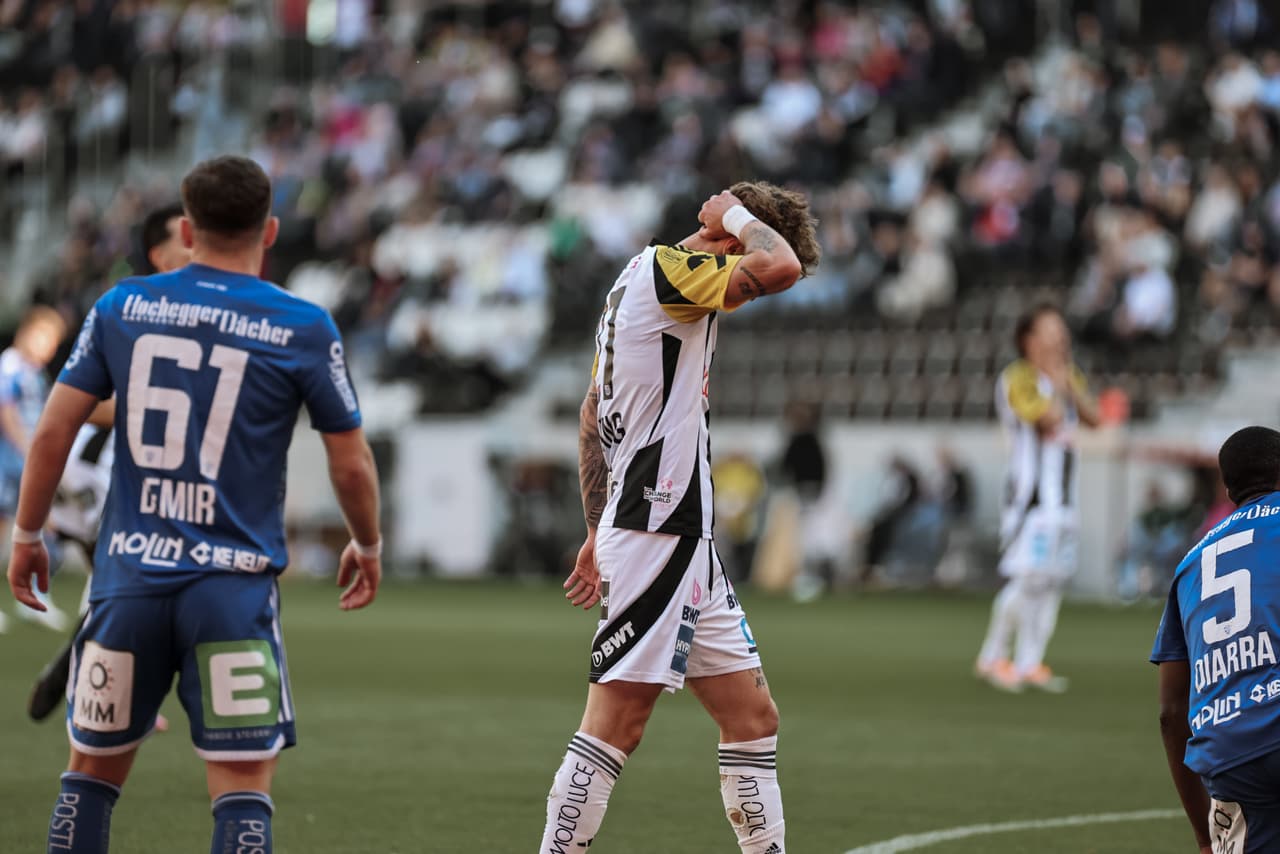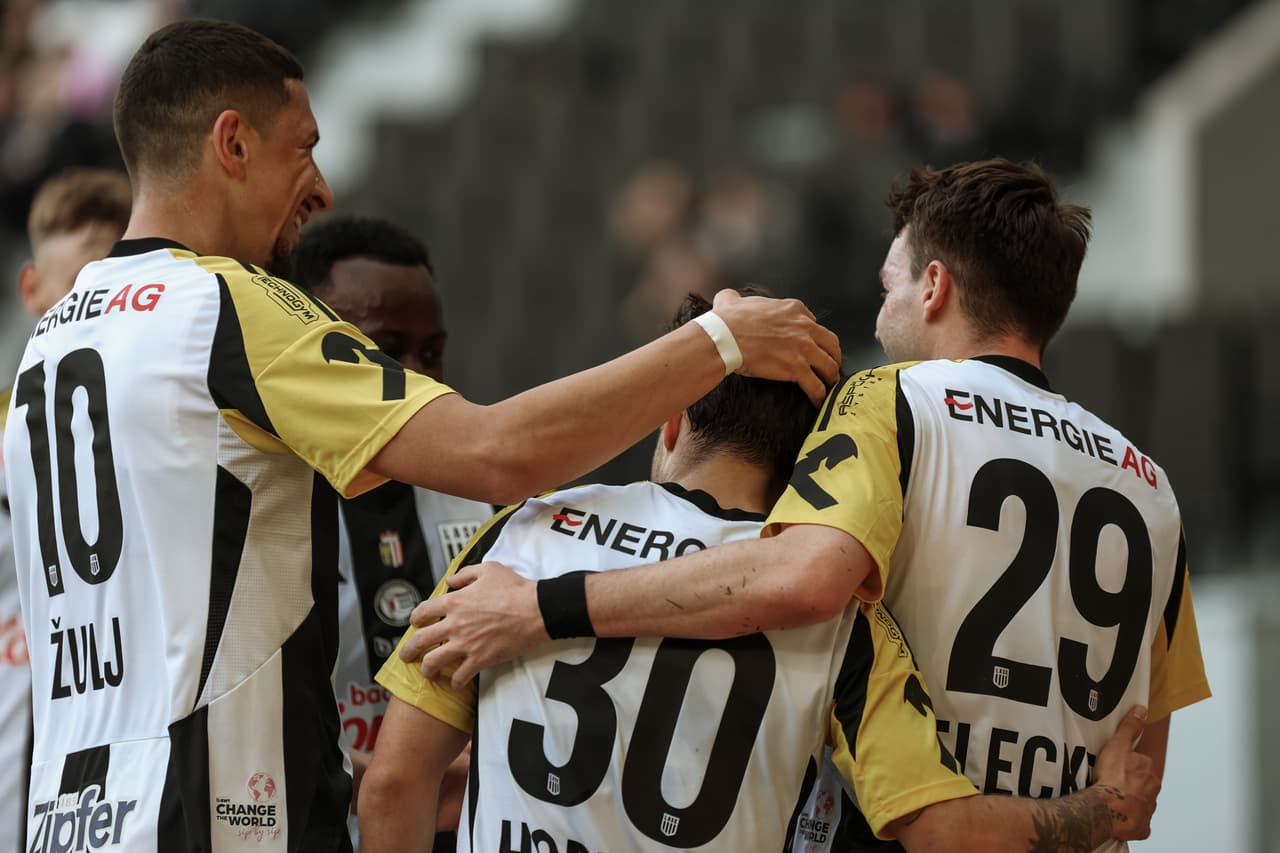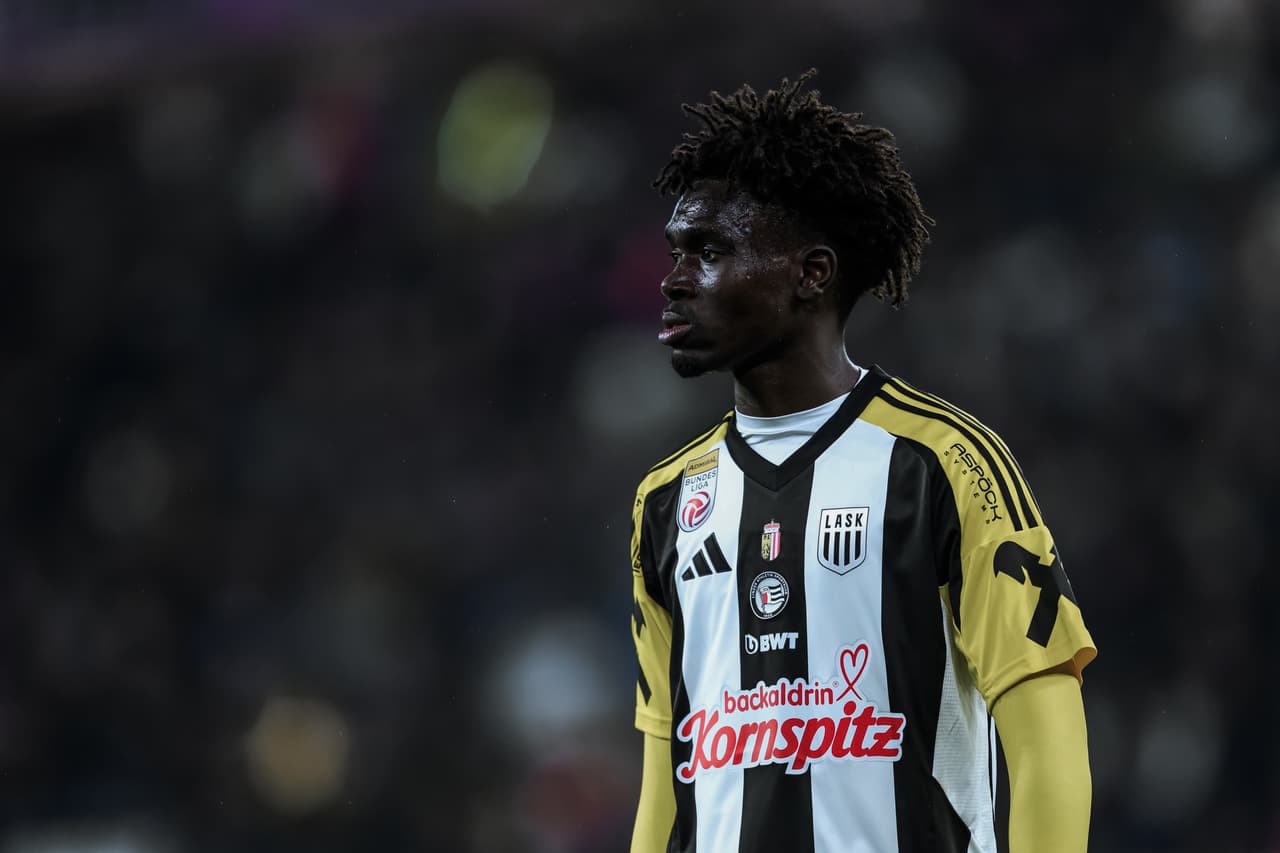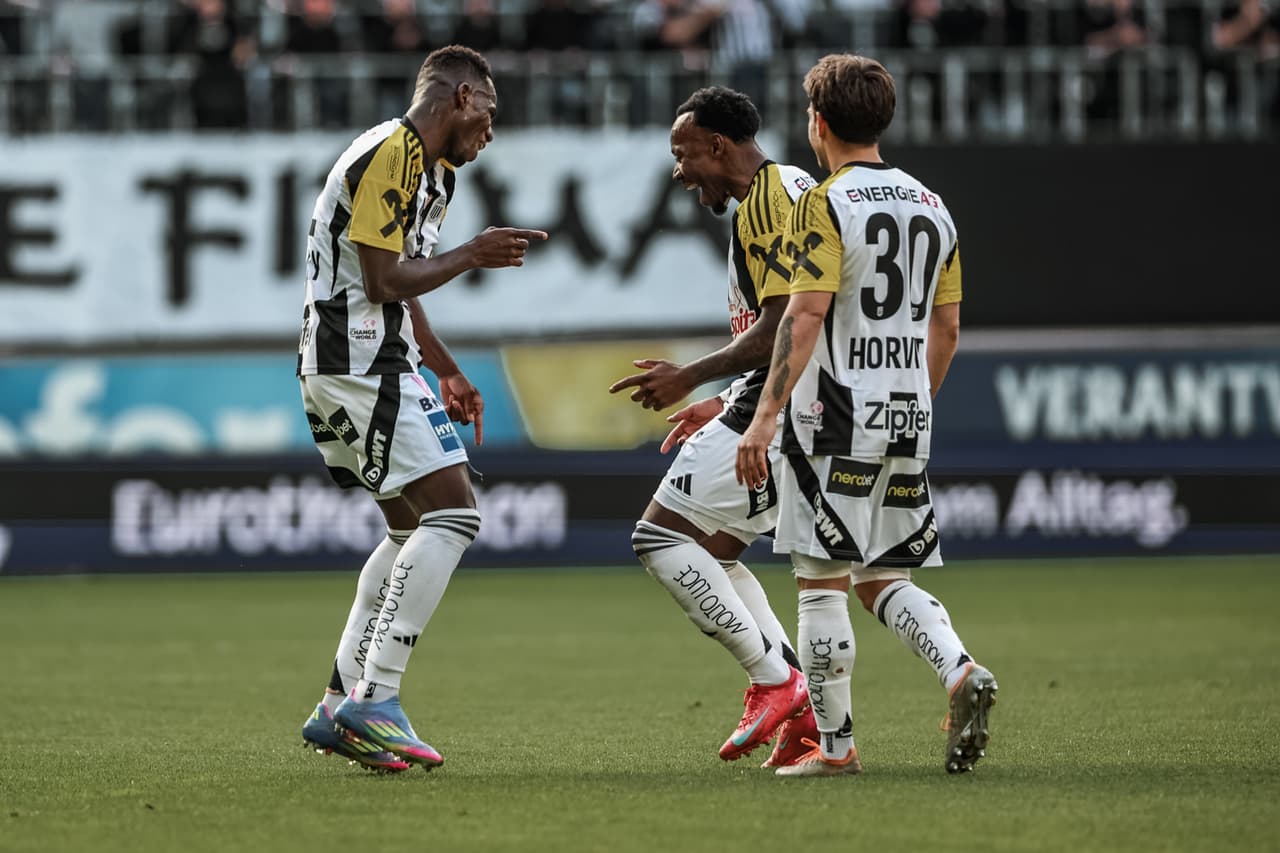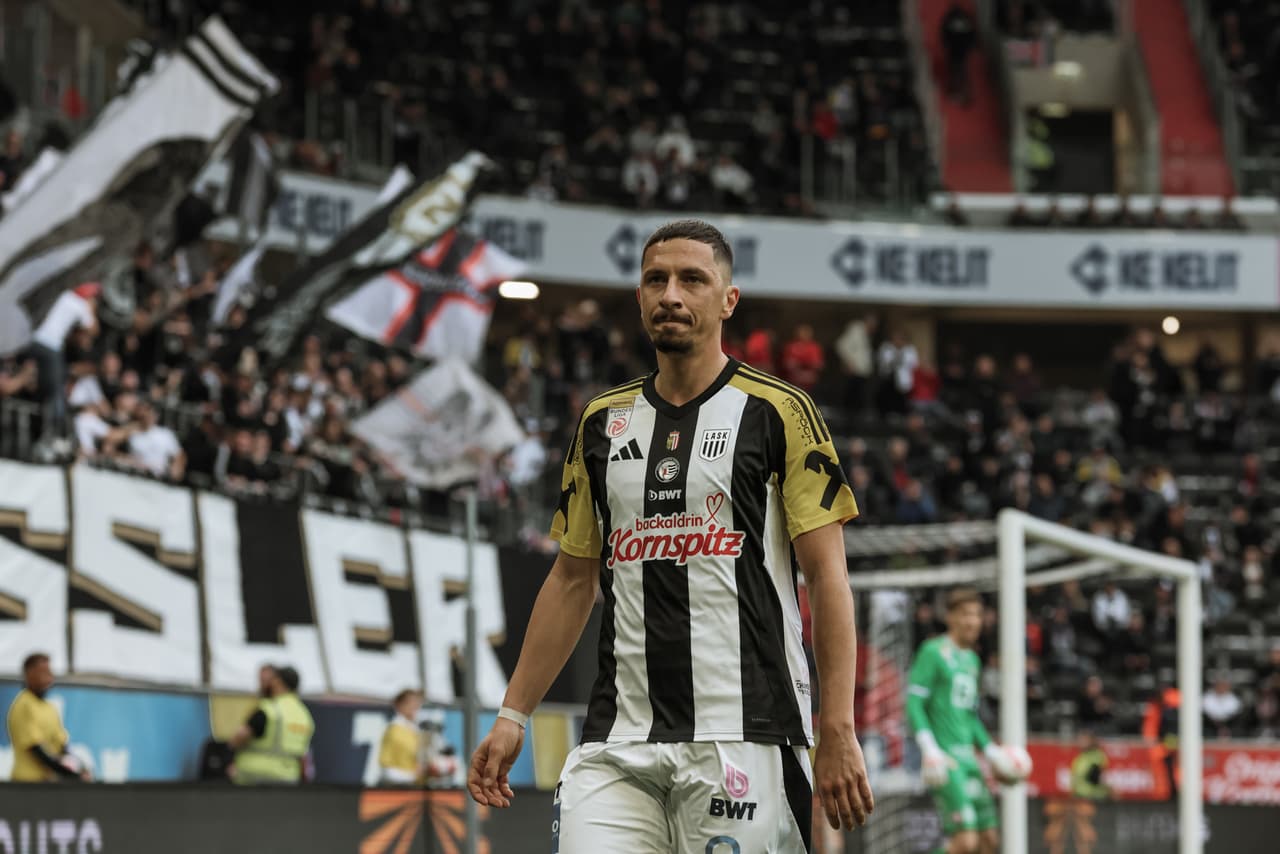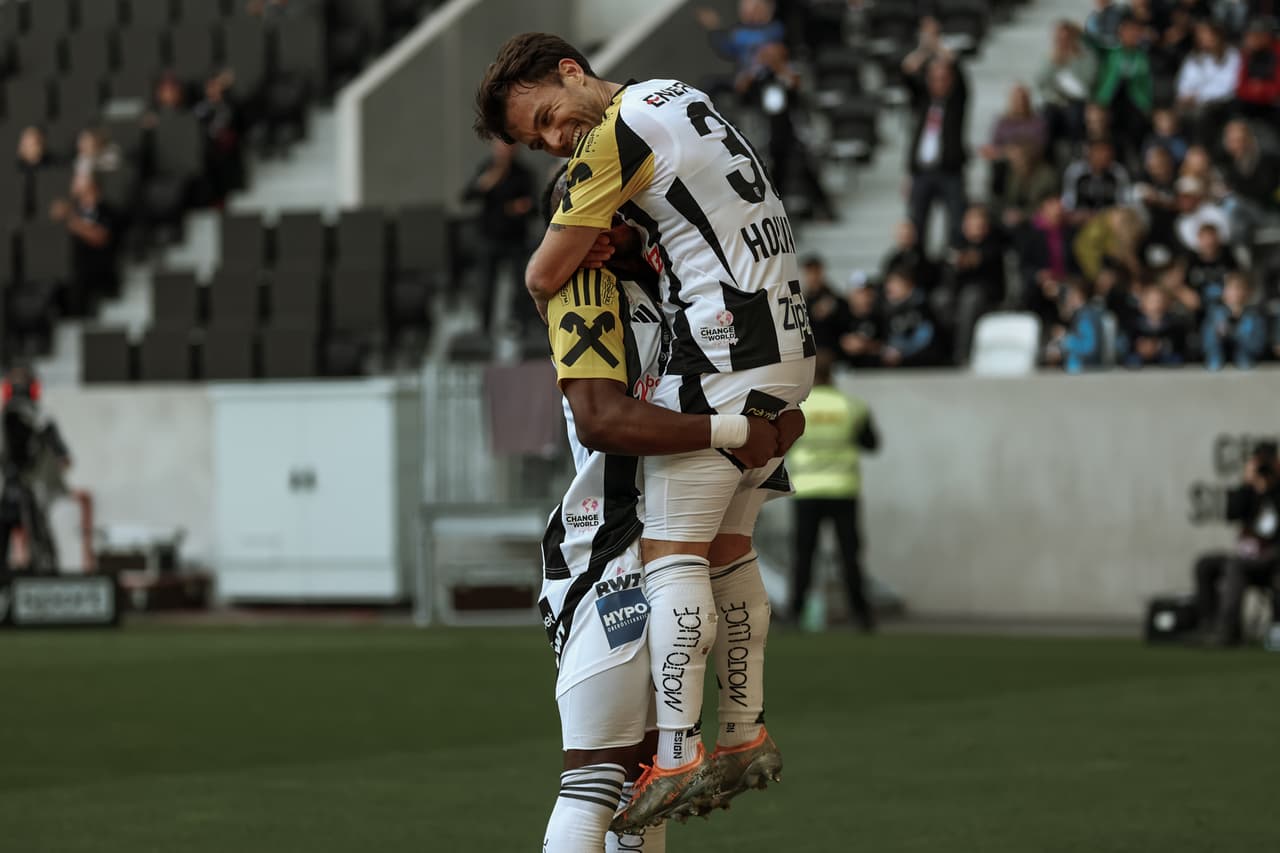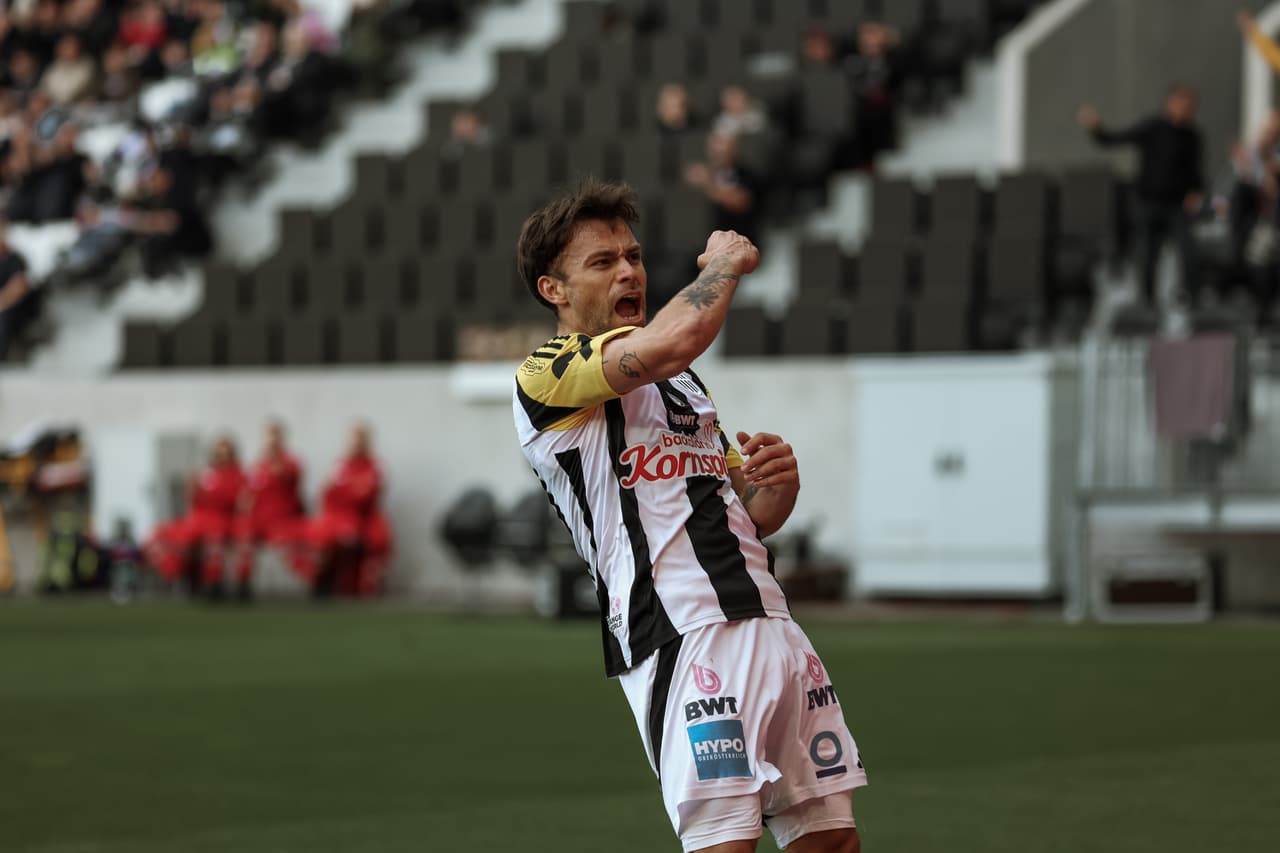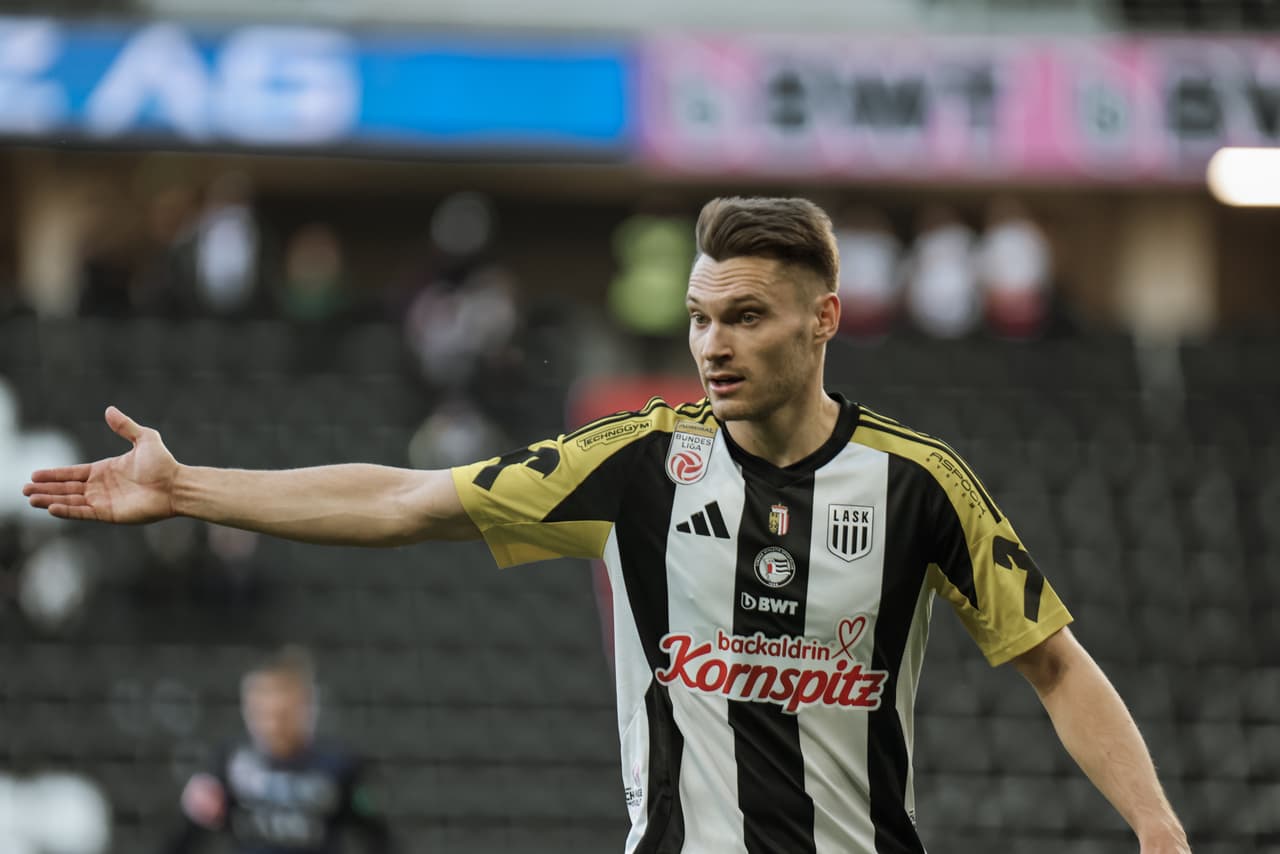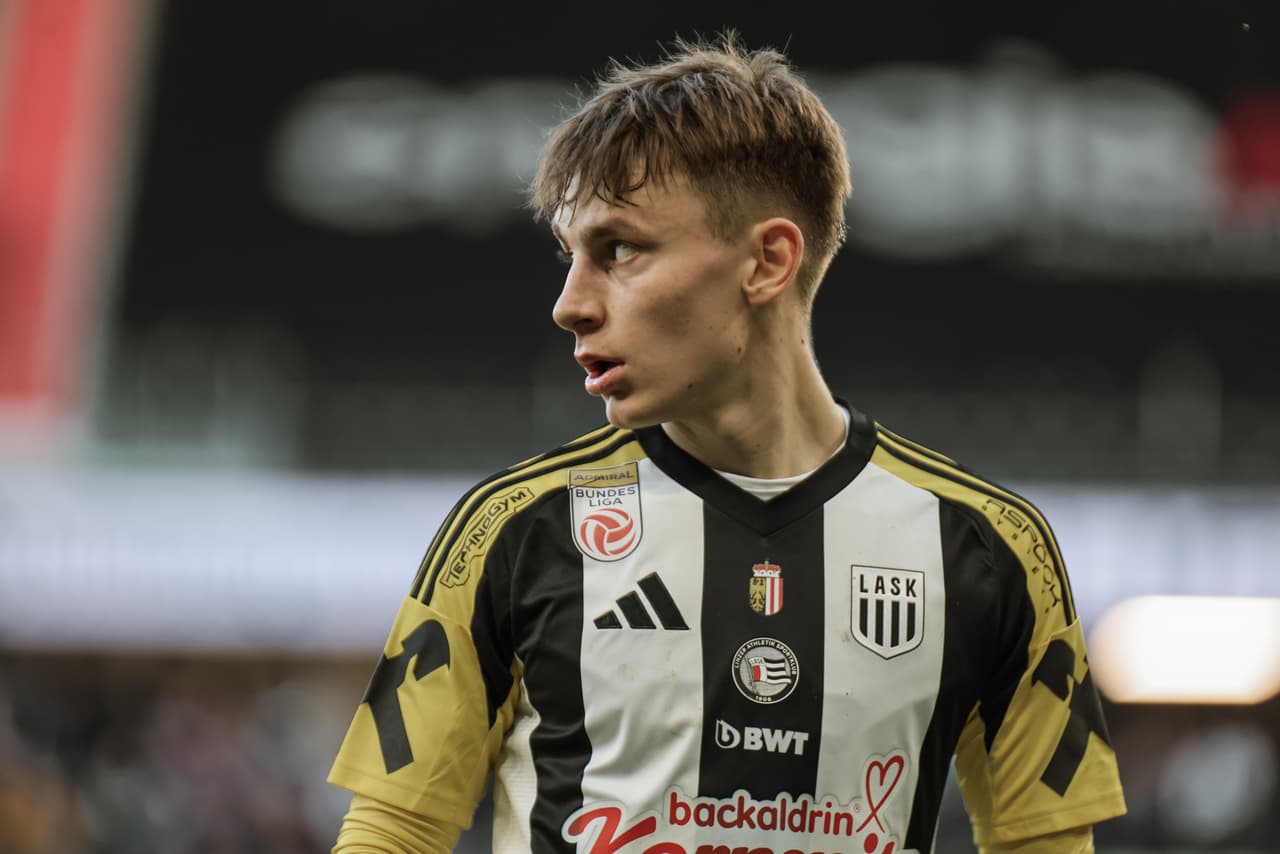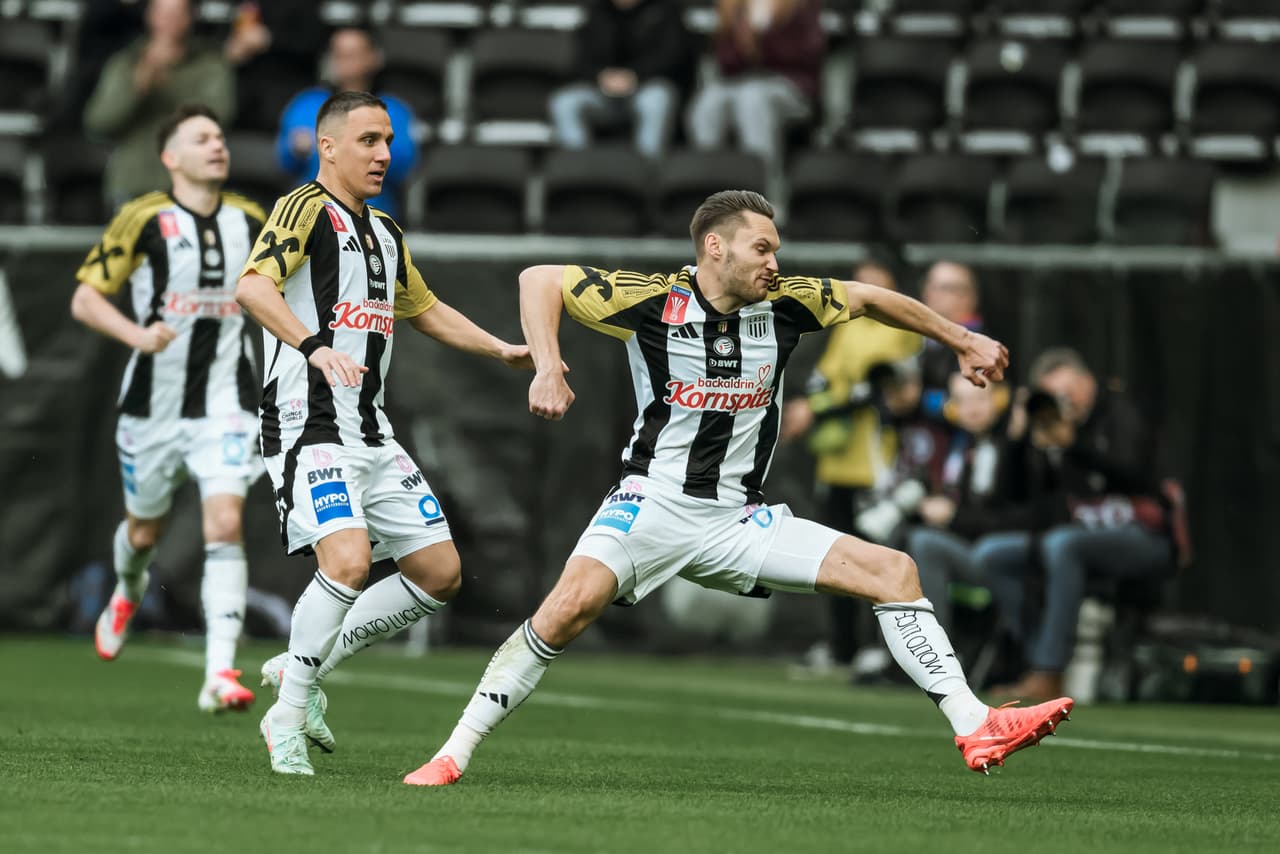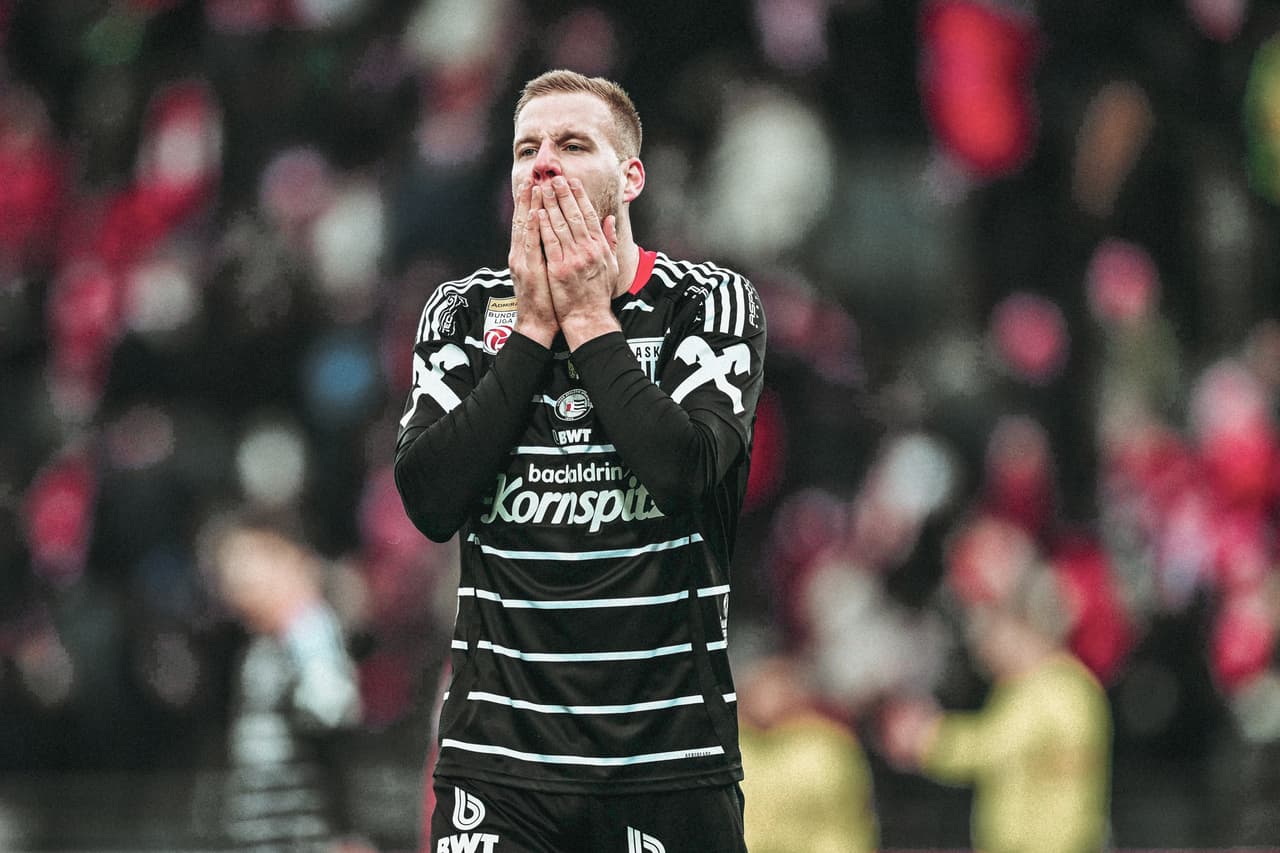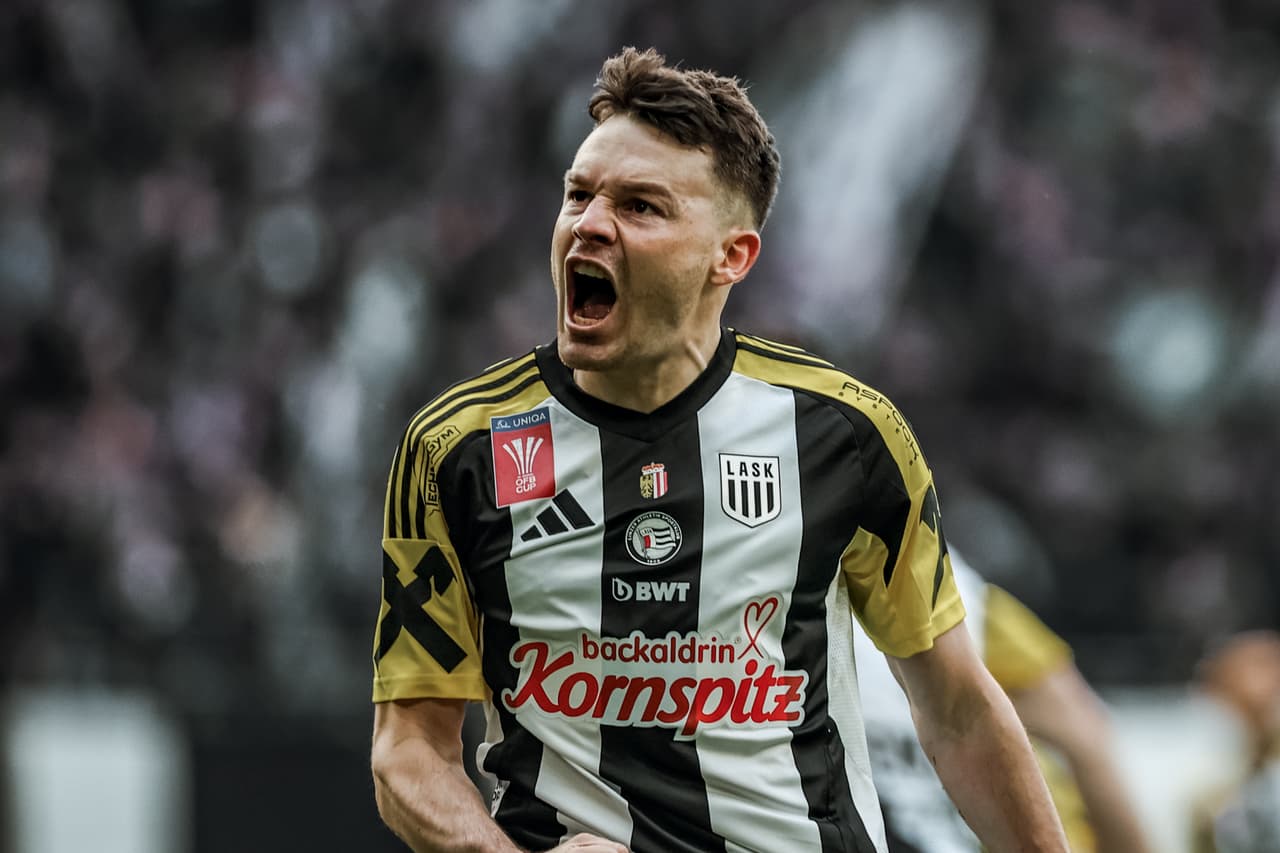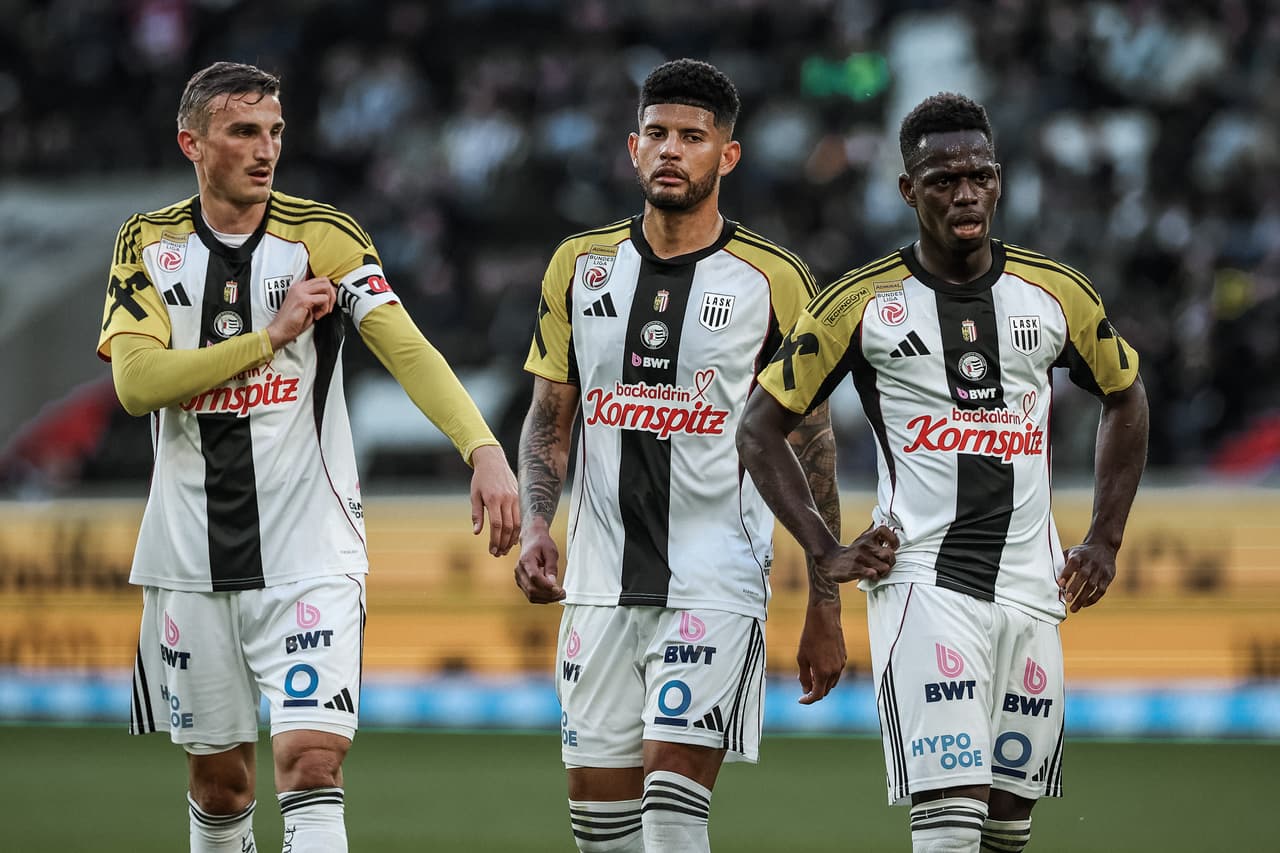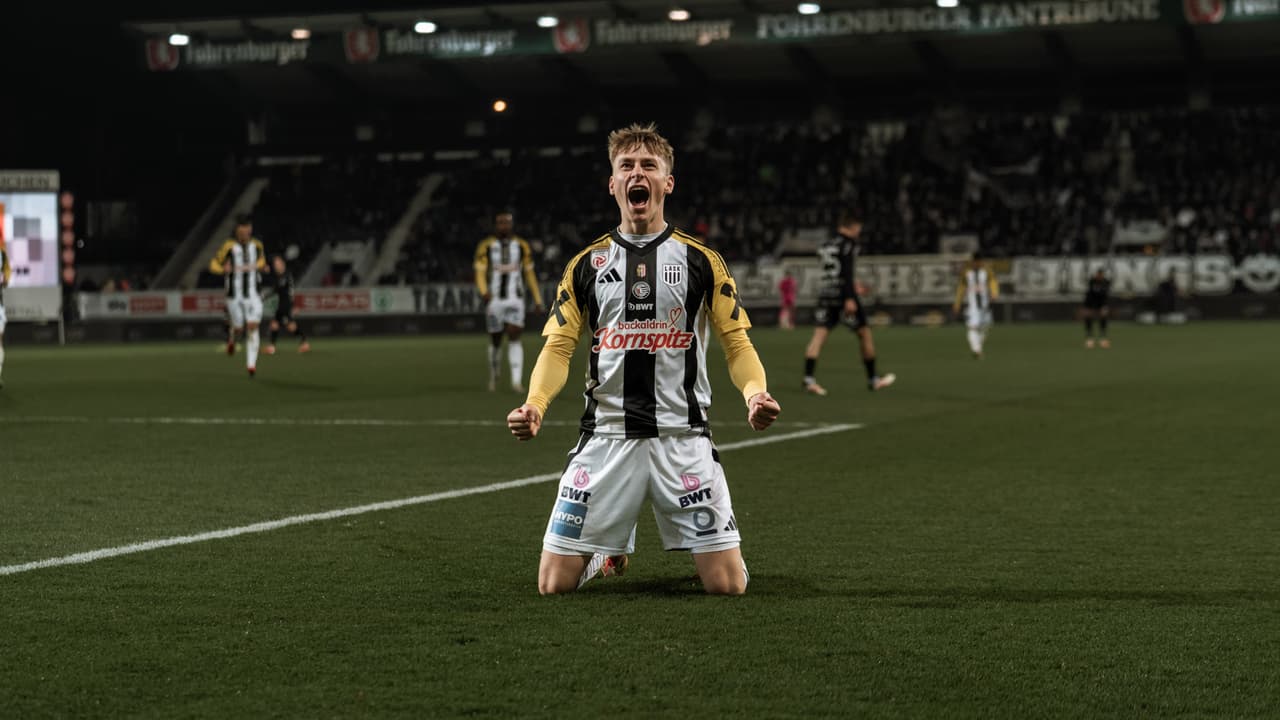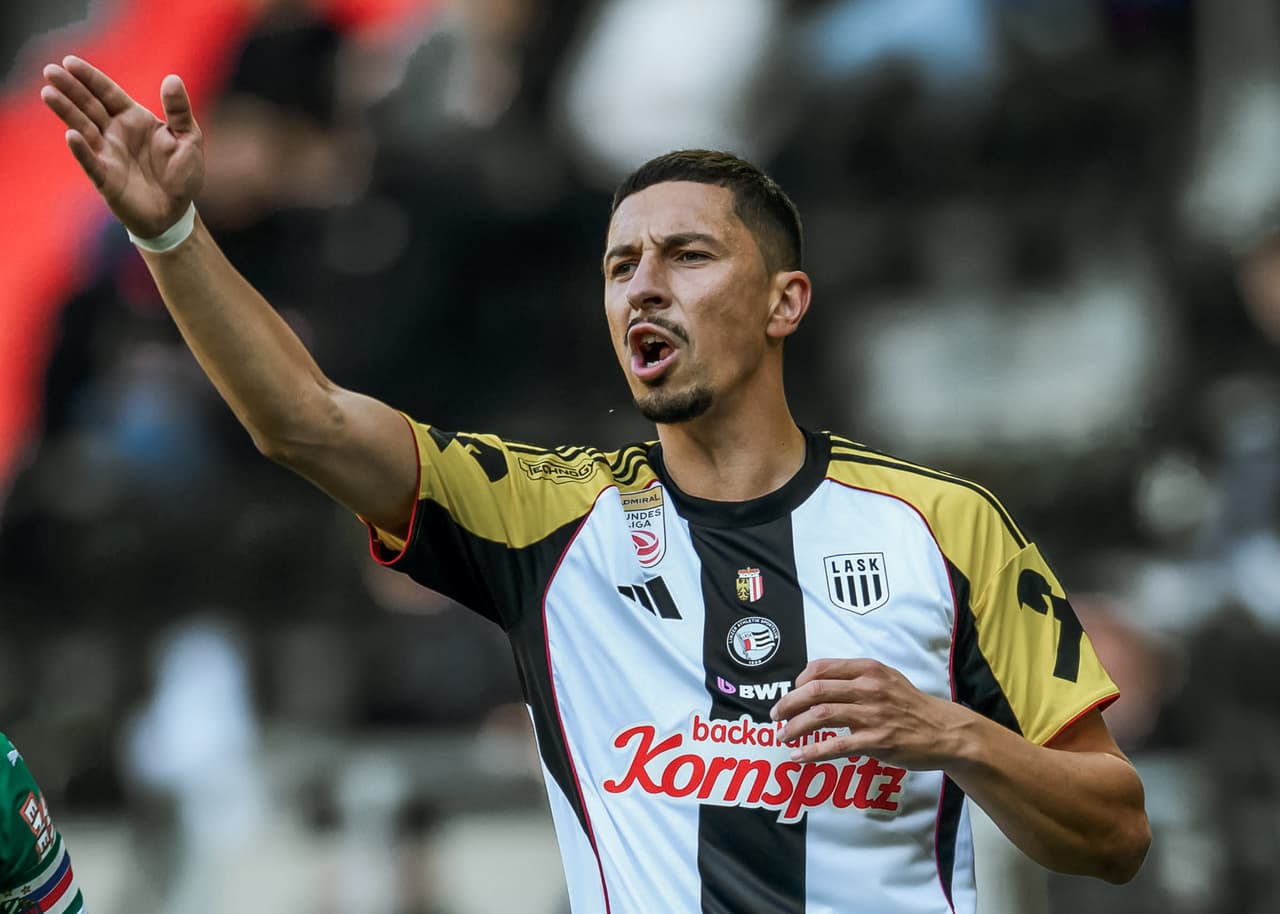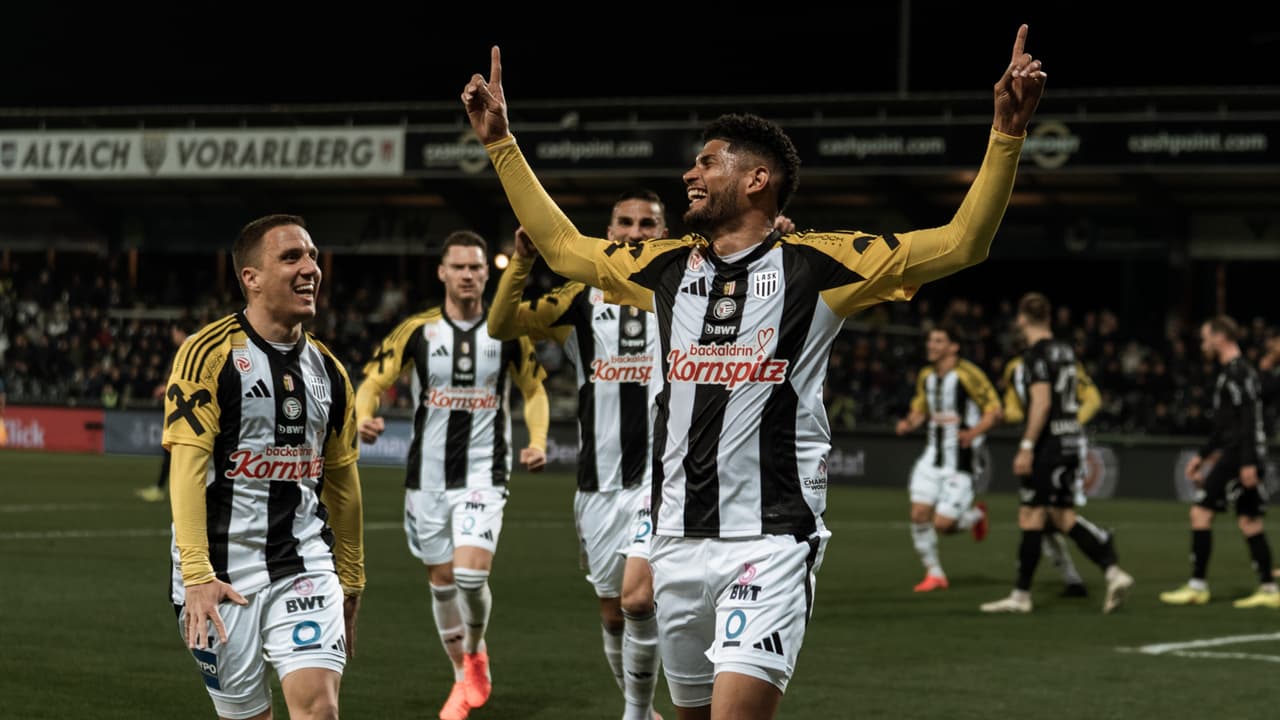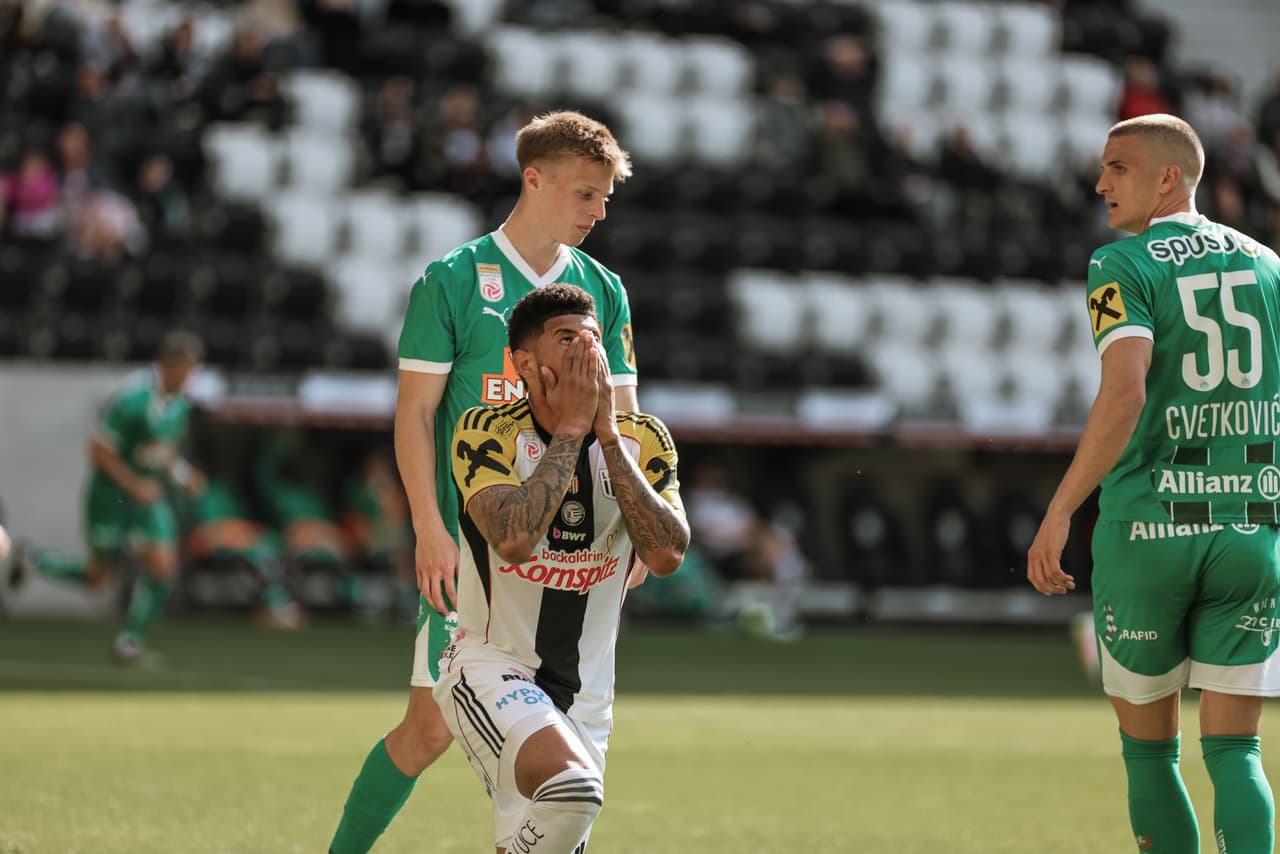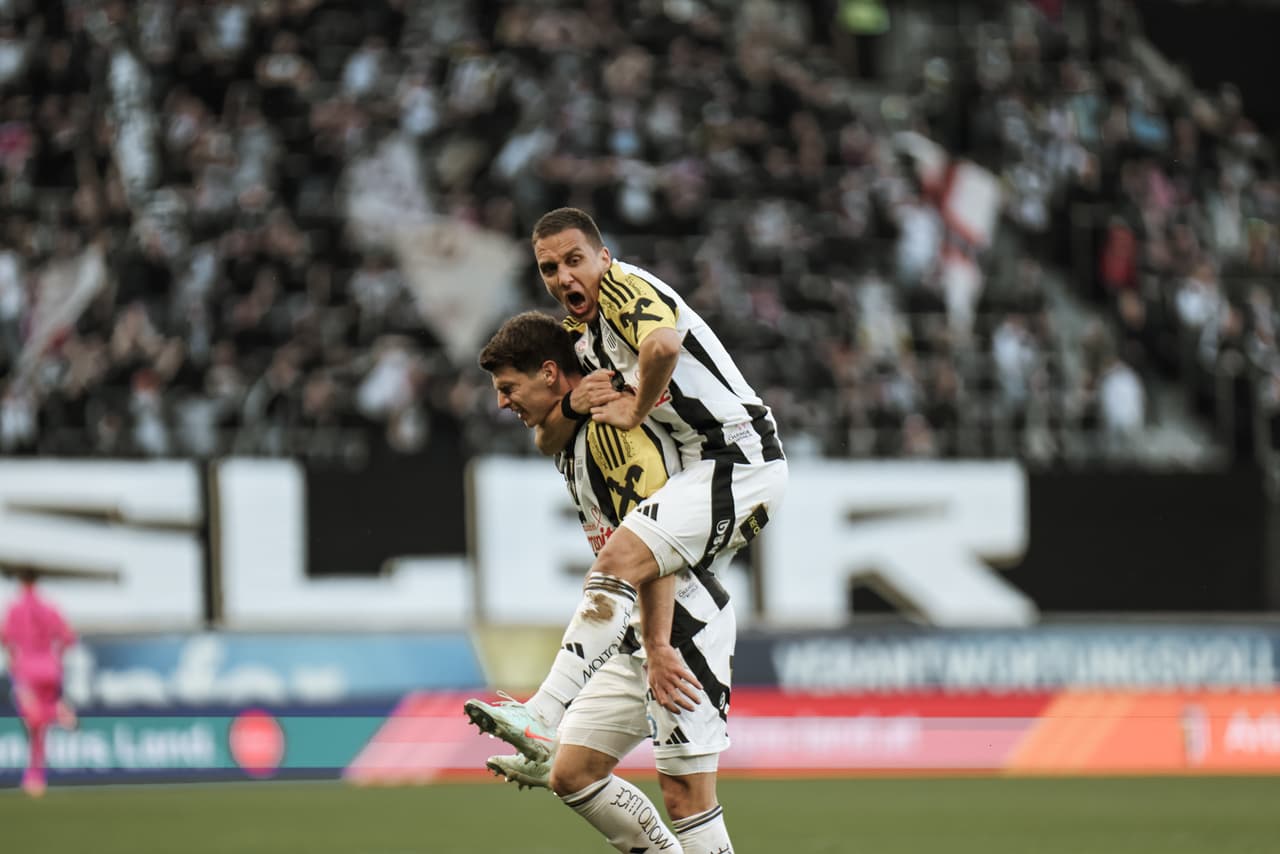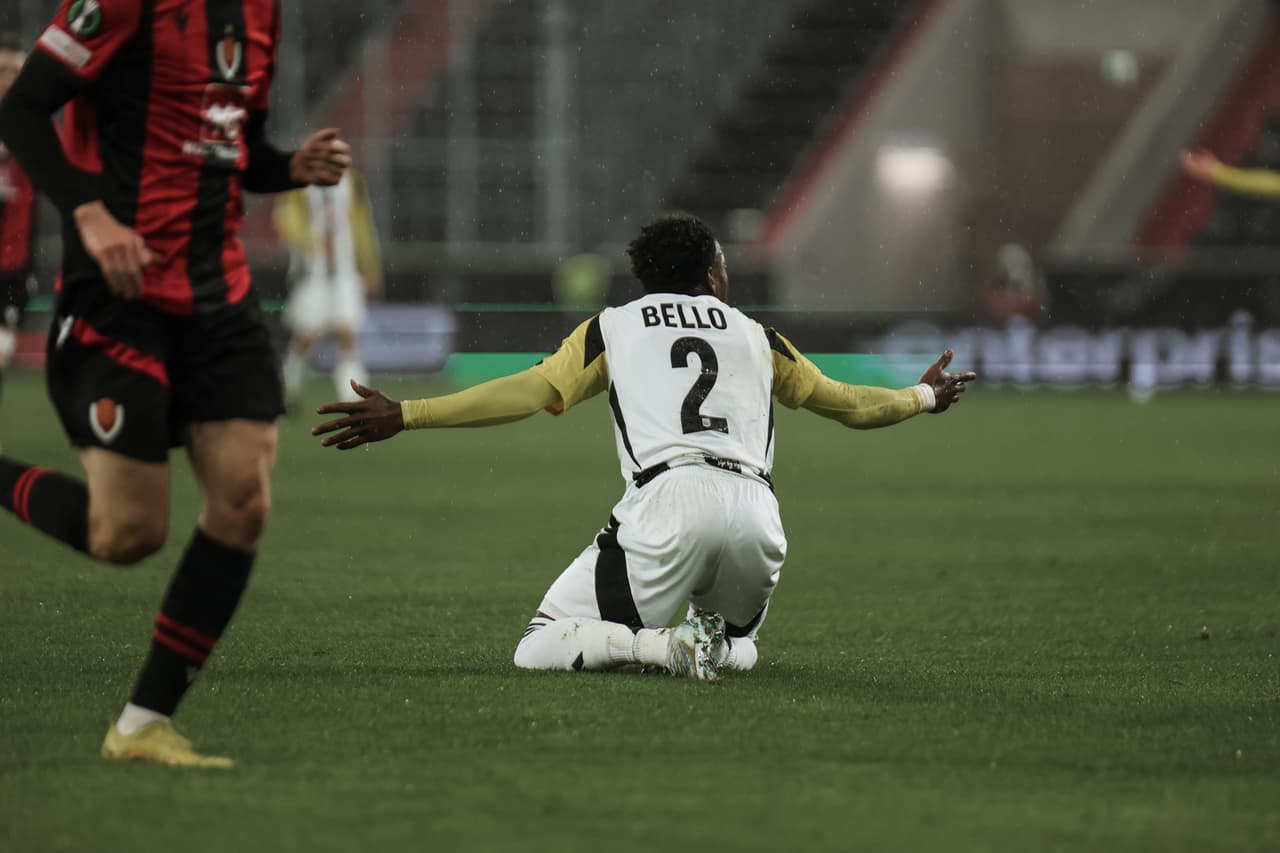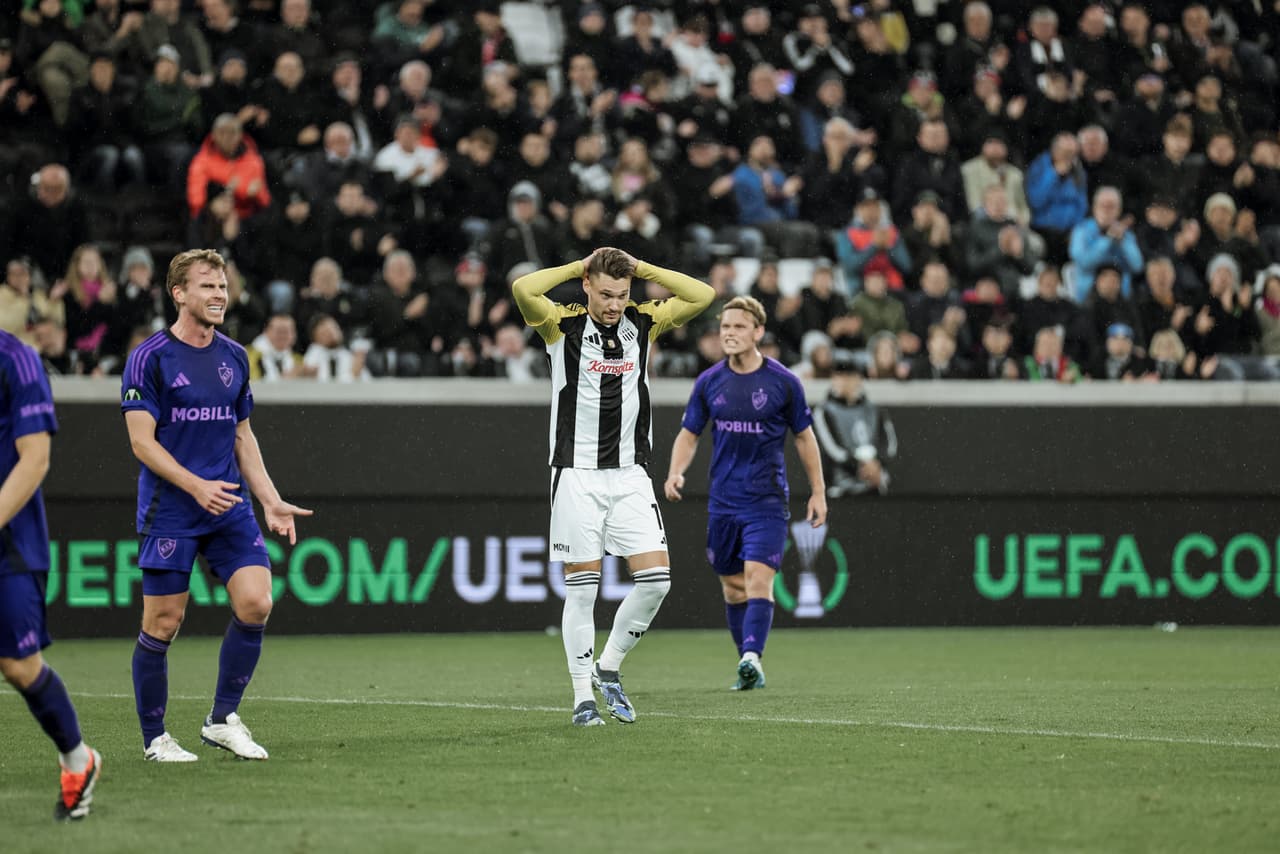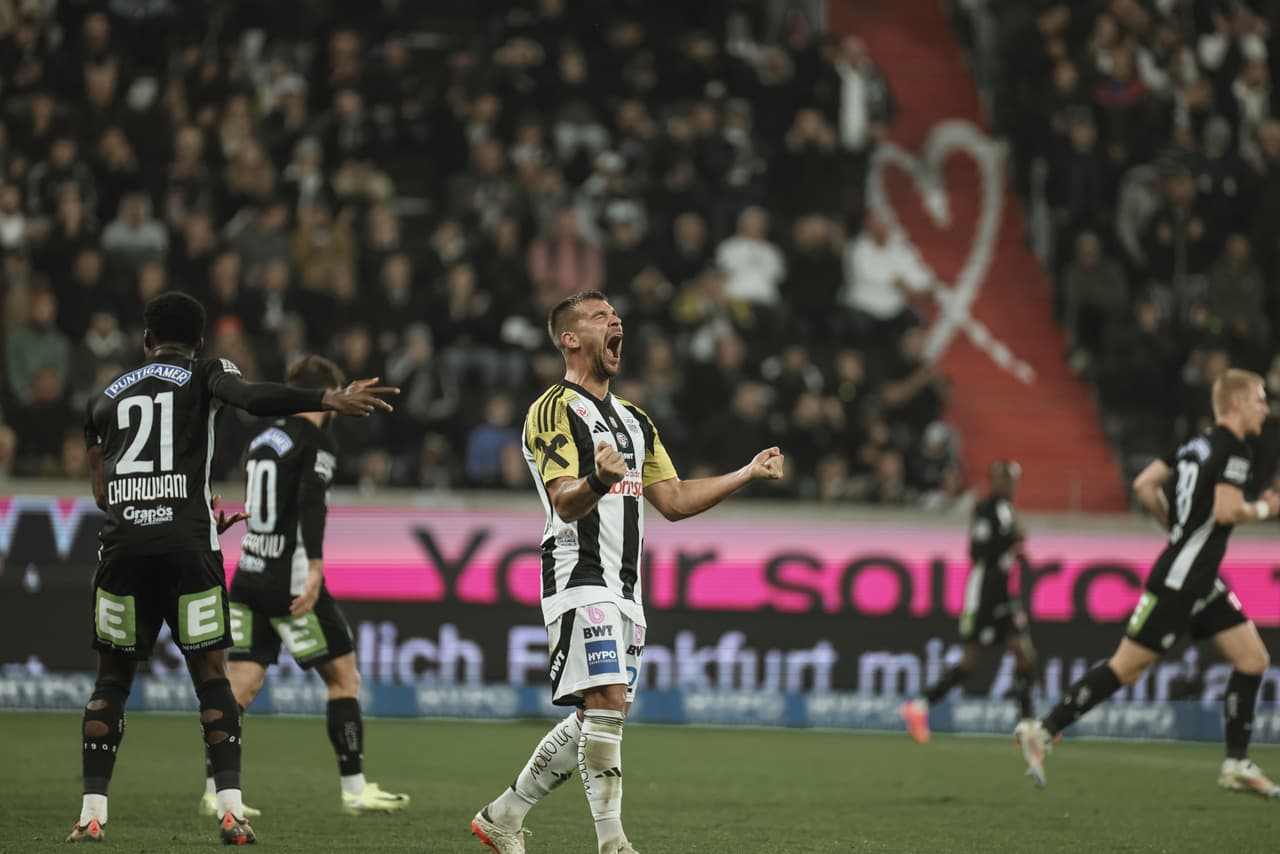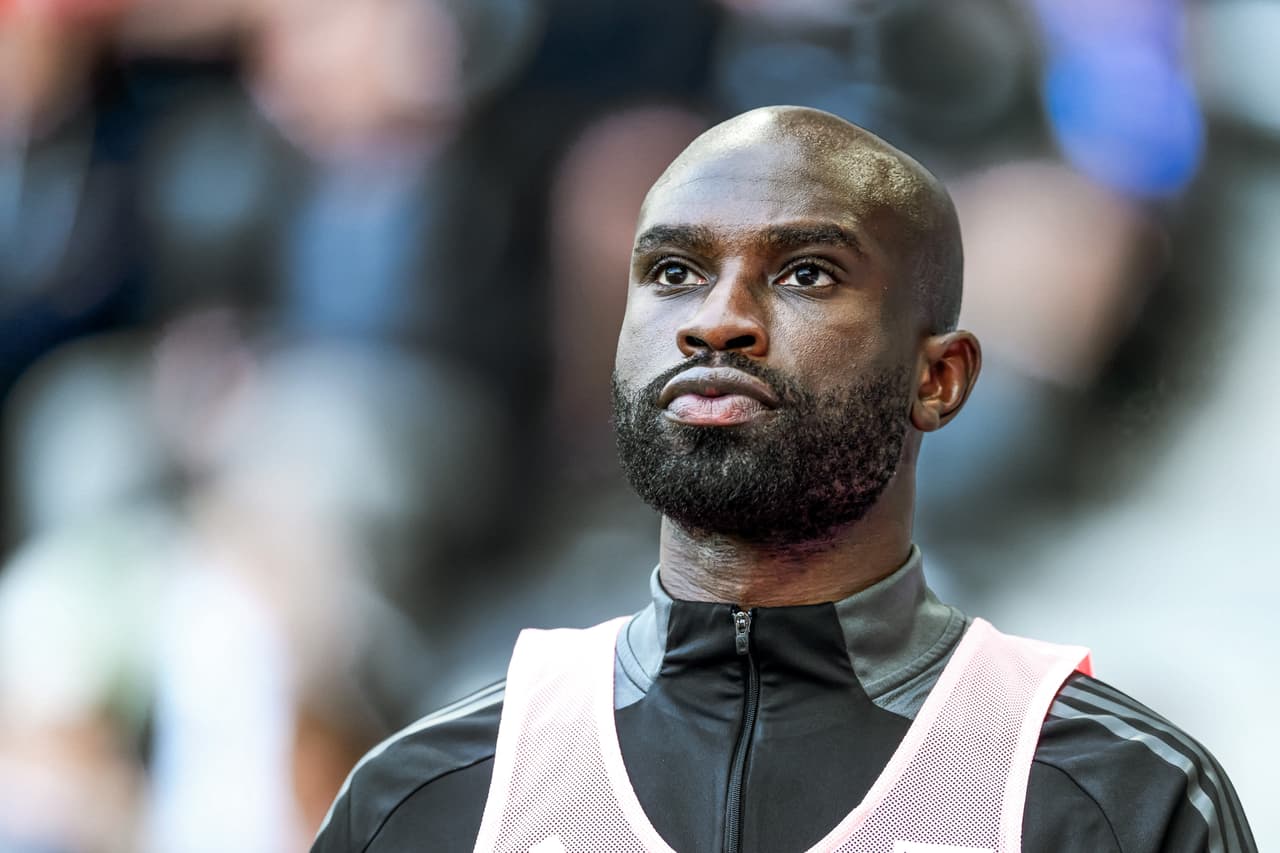
6/6/2025
A Rollercoaster of Emotions
It was within reach: just one final step separated LASK from the major goal of qualifying for a European competition for the seventh time in eight years. But with the defeat in the play-off final second leg against SK Rapid, that dream was shattered at the end of a season that had plenty to offer and brought a rollercoaster of emotions for the black-and-white camp.
“It’s hard to find the right words,” said captain Tobias Lawal, as the sting of disappointment ran deep for him and his teammates following the 3-0 defeat in the 48th and final competitive match of the season. A match that, in many ways, symbolized the entire campaign. Although the team’s form had clearly improved in recent weeks under interim coach Maximilian Ritscher, they were unable to replicate the performance from the first leg — played just three days earlier — in the decisive return match against Rapid. “We weren’t as brave, determined, and aggressive today as we were in the first leg,” noted coach Ritscher.

The season finale ended in bitter disappointment for the Athletiker.
Significant Improvement Under Interim Coach Ritscher
Under his leadership, the team experienced a resurgence. After four rounds in the qualification group, Ritscher took over from predecessor Markus Schopp, and in the first three matches under his guidance, the black-and-whites celebrated 13 goals — a record-breaking debut for a Bundesliga coach. Of the nine matches with Ritscher at the helm, five were won, two ended in draws, and the team kept four clean sheets. This period also included the club’s biggest Bundesliga victory in over three years (6-0 vs. Austria Klagenfurt). The qualification group was concluded with a record 23 points and the fewest goals conceded (3).
“We tried to play good football even in the qualification group. I think, for the most part, we managed that quite well. Seven wins and two draws are not a given,” Ritscher summed up in an interview with Sky. The more offensive playing style clearly paid off — not just in terms of results but also in chance creation. The xG value under Ritscher rose significantly from 1.43 to 1.86 per game. “We want to play a more offensive, active, and intense style of football, and it’s clear that the team is capable of doing that,” said sporting director Dino Buric.

Under interim coach Maximilian Ritscher, the team blossomed once again and displayed a strong scoring form.
Crucial Matches Were Lost
In the end, LASK ranked higher in several statistics than the final league table might suggest. With only one goal conceded from corner kicks, they held the best record in the league in that category — the same applies to the 17 points earned after falling behind. In terms of expected goals against (xG against), they were just behind leaders Salzburg, with 35.6 per match compared to Salzburg’s 35.4. Another top figure: 83.1 percent of all ground passes found their target.
Nonetheless, over the course of the season, the team struggled to turn decisive matches in their favor. Alongside the disappointing start, this was likely one of the key reasons why, for the second time since the league split was introduced, they missed out on the Championship Group.
The burden of five defeats between matchdays two and six proved heavy. After the coaching change from Thomas Darazs to Markus Schopp, the black-and-whites launched a brief comeback, going six competitive matches unbeaten. However, losses at the end of the fall season to Austria Vienna and WAC prevented them from spending the winter in the top six. In the group stage of the Conference League — their fifth appearance in a European competition main draw since 2019 — LASK finished 35th overall with three draws and three defeats.

In the key matches, LASK was mostly left on the losing end.
Winter signings made an impact
In the winter, the team drew renewed energy and confidence — thanks in part to the training camp in Belek and new signings such as Christoph Lang (five goal contributions), Krystof Danek (four), and Ismaila Coulibaly (three), all of whom quickly proved to be valuable reinforcements. The euphoria following the quarterfinal triumph over Salzburg in the ÖFB Cup was dampened by goalless draws against Blau-Weiß Linz and GAK. Still, in round 19, the Athletiker climbed into the top six — for only the third time that season, after matchdays one and 14 — thanks to a home win over Rapid. However, they had to give up that spot again following a 2-4 defeat in the final regular season match against SK Sturm. The cup exit in the semifinal against WAC was another key match that slipped away — as did the season-ending clash in Vienna against Rapid.

Winter signing Krystof Danek quickly became a key player for the Athletiker.
Focus on the Future
The Athletiker played a total of 19 Bundesliga matches in the spring, winning twelve and losing only three. Despite this strong record and the aforementioned improvement in performance toward the end of the season, Linz will not be playing in European competition next season — for only the second time since 2018. “We have to shift our focus to next year,” stated sporting director Buric immediately after the match against Rapid.
Squad planning is already in full swing, and with Joao Sacramento, the club has secured an internationally experienced head coach who has already worked at the highest level in Europe’s top leagues. The new campaign kicks off on June 23 with performance tests, followed by the first training session on the pitch the next day. The team will be doing everything in its power to turn the rollercoaster of emotions into a wave of success through hard work and consistent performances.

In the new season, Tobias Lawal and his teammates want to go all out again.
Galerie
More News
All News


